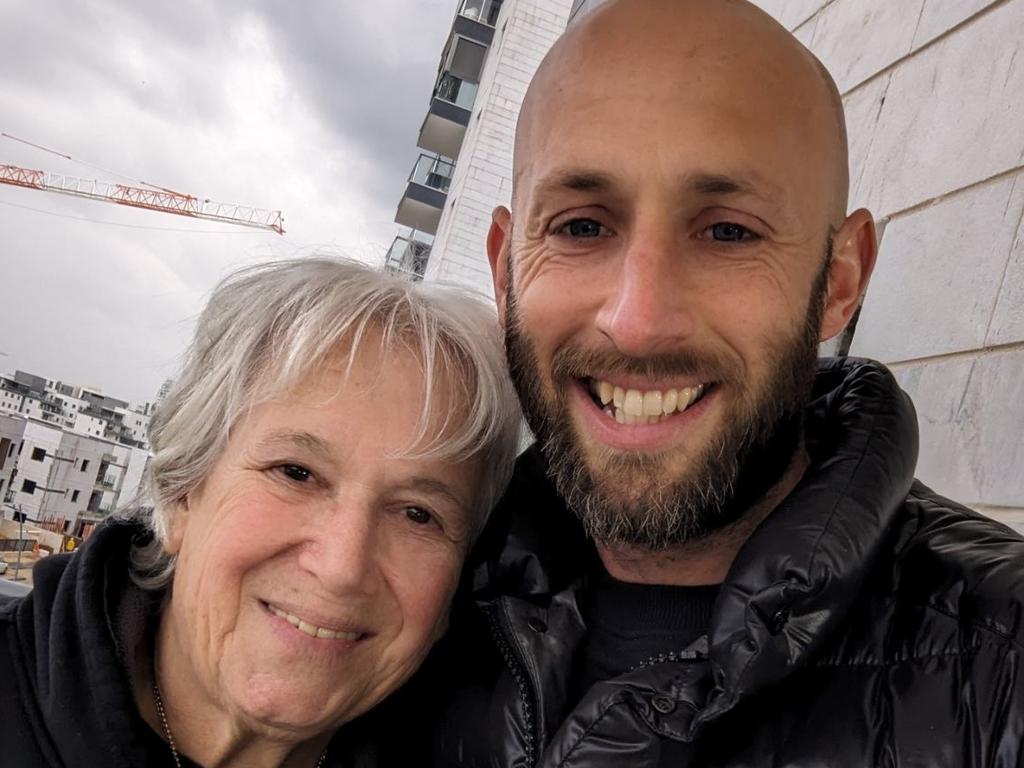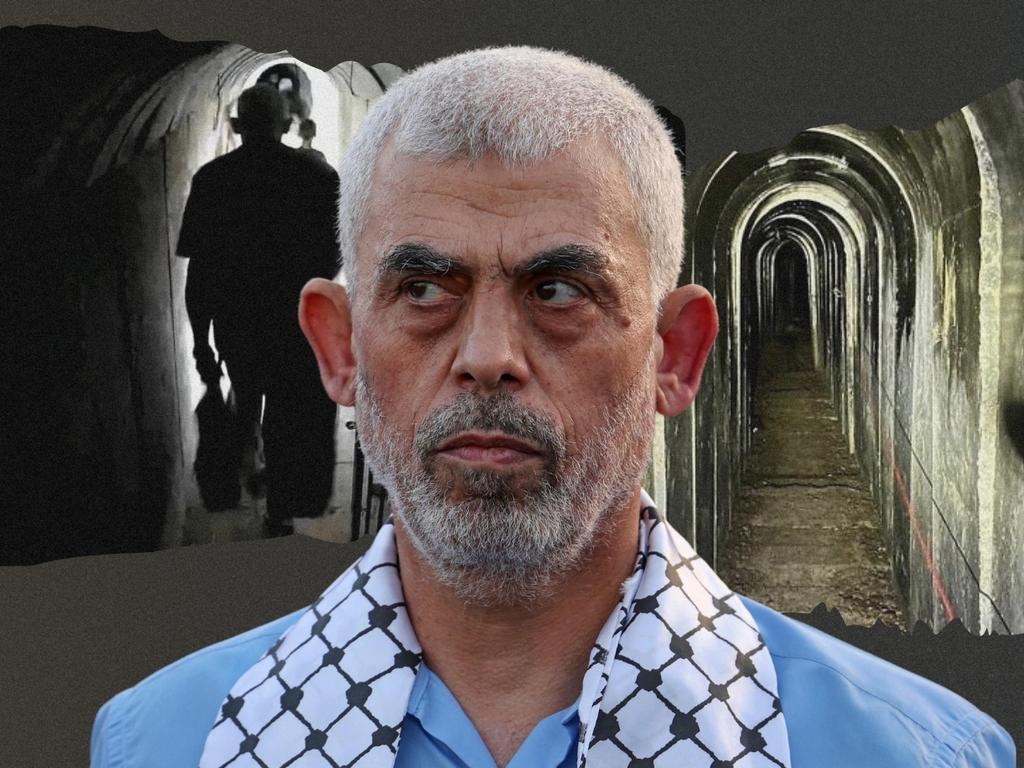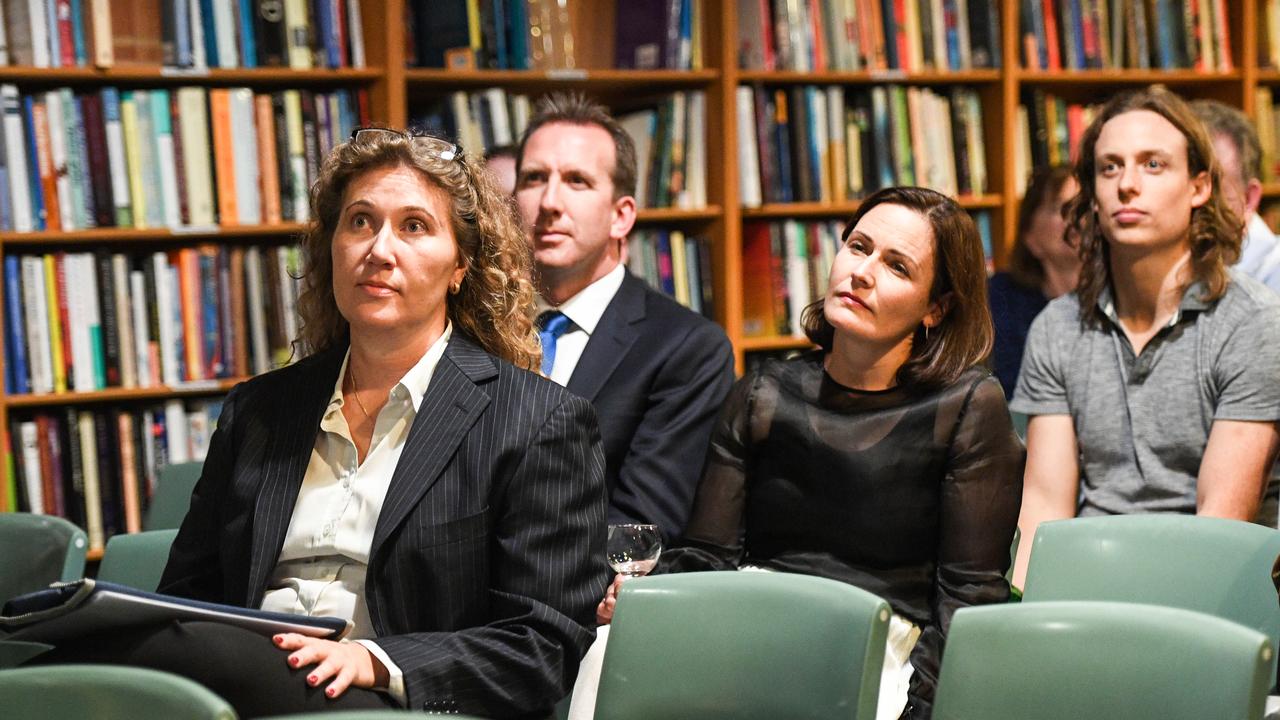United West must beat drum against hostage-takers
Diplomacy has its limits when it comes to dealing with depraved despots who in breach to the Geneva Convention capture civilians to use as human shields.
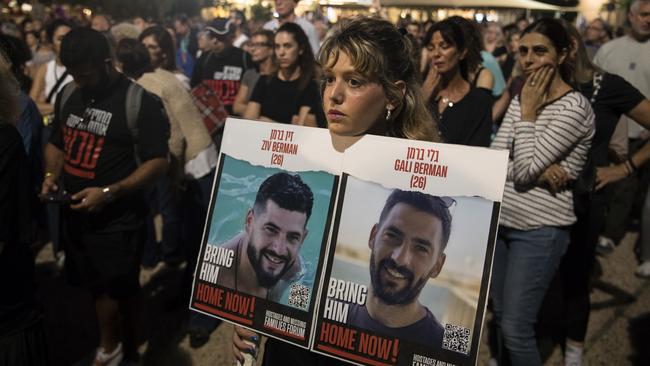
Ben Affleck’s dramatic re-creation of the exfiltration of American diplomats taken as hostages in Tehran in 1979 has established the popular template for this manner of outrage.
The movie Argo is a great drama but is not necessarily historically accurate. In particular, the courage and commitment of the Canadian diplomats is underplayed. Nonetheless, Argo brought to a global audience the sordid nature of hostage-taking and the necessity for democracies to stand up to those who practice this form of malicious statecraft.
Hostage-taking is now routine among despots ranging from Vladimir Putin’s Russia to Hamas and Kim Jong-un’s North Korea. They often follow a familiar pattern of show trials and incarceration in the cruellest of circumstances.
Just consider for a moment the realities confronting hostages over the past decade or so.
The North Koreans beat 22-year-old college student Otto Warmbier insensible before releasing him days before his death.
Australian academic Yang Hengjun now has a Damocletian sword of a death sentence hanging over him. He has not seen sunlight in more than 4½ years.
When Putin could not break Alexei Navalny, even in the harshest of his penal colonies, the Kremlin had the opposition leader murdered. Without a second thought, Navalny was liquidated in the classic Soviet style. Putin wants people to know what he did and is capable of doing again.
Among Putin’s other hostages is The Wall Street Journal reporter Evan Gershkovich, who is imprisoned on the flimsiest of trumped-up charges.
It is important to bear in mind that the despots are not always aiming at a global audience. Often they aim at keeping their own people cowed and intimidated, and for Putin this is especially important now given the looming Russian election. Even though all serious candidates have been banned, Putin still fears any form of effective opposition.
The question for the West is: What to do? There are usually two streams of thought among Western diplomats. Quiet diplomacy is usually preferred. But where quiet diplomacy is obviously failing, there is a need to beat the drum in public, coalescing around the families of those held hostage.
What’s more, where diplomacy is being dismissed by the despotisms, why should the West, in concert, not begin to label the hostage-takers as countries that practice this malignant form of diplomatic pressure?
Can you imagine the travel advisory issued by the Australian government or any other Western democracy that states categorically: “This country takes hostages capriciously and there is no redress possible before their courts”? What might that do to their travel and tourism industries, let alone the investment climate that governs their economic needs?
Full disclosure: the Kremlin has banned this writer from entering Russia.
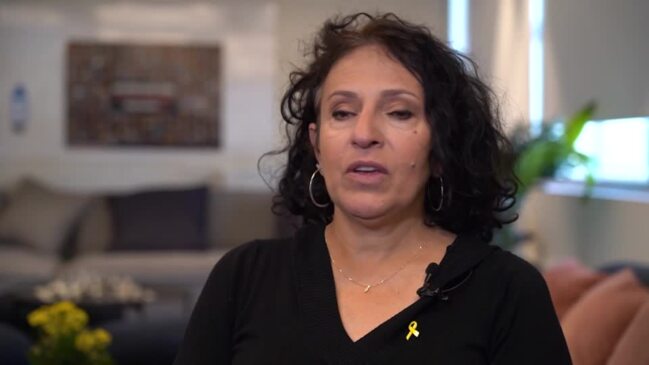
Of course, the word hostages recently has been abused in the lunacy that passes for some Republicans campaigning for this year’s US presidential election. Donald Trump has boldly asserted “Some people call them prisoners. I call them hostages” when describing those incarcerated for their roles in the January 6, 2021, storming of the US Capitol.
This obvious nonsense is a truly Orwellian distortion of recent American political history, as all of those who have been convicted appeared in open American courts and before an independent judiciary, with defence attorneys and covered by vigorous media. None of this prevails in Beijing or Moscow, for example.
Indeed, Chinese courts are routinely closed to observers whenever hostage cases arise.
The taking of hostages is specifically outlawed in the protocols of the Geneva Conventions, especially the recurring common article 3, which prohibits hostage-taking at any time and in any place. This is reaffirmed in article 34 of the Fourth Geneva Convention related to the protection of civilian persons in times of war.
Of very recent times in Gaza, Hamas has violated international law on a massive scale. Like Saddam Hussein’s regime in Iraq during the First Gulf War, the leadership of Hamas appears to need a human shield of hostages: men, women and children.
The brutal treatment by Hamas of the Israeli hostages has actually become the key to achieving peace in that benighted territory. A release of the hostages would unquestionably lead to an end to the fighting, but it would also lead to Hamas having to concede its stained trump card.
The important element for despots in seizing hostages is the amount of leverage that can be applied to a democracy. The ultimate obscenity in hostage-taking during the Cold War was to be found in the Germanies. The misnamed German Democratic Republic (East Germany) developed a well-ordered system of selling hostages to Bonn. It was known as Haeftlings freikauf.
This became a significant source of foreign hard currency for the communists, as political prisoners were exchanged for deutschmarks. East Germany’s desperate need for foreign hard currency, as analysed by Katja Hoyer in Beyond the Wall, led to a situation where between 1964 and 1989 about 34,000 political prisoners along with 250,000 relatives were sold to West Germany in return for 3.5bn deutschmarks.
There is no better illustration of how despots treat hostages as mere commodities. The same applies today. The core to a successful Western response to the taking of hostages, now and into the future, by the despotisms is to act in concert. Whenever hostages are seized, then the West, including Australia, should respond with condemnation and sanctions.
The core element is consistency. If the response across the board from the global democracies is a phalanx of condemnatory opinion and consequences, then the hostage-takers have to factor these political and diplomatic realities into the equation.
And it is necessary to call out the barbarity of hostage-taking. Where quiet diplomacy fails, then the beating of the drums in Western societies should immediately replace the negotiators. Despotisms loathe the sunlight of exposure. Their entire edifice of confected reality collapses.
Argo opened many eyes. They need to be opened now.
Stephen Loosley is a former chairman of the Australian Strategic Policy Institute, Canberra.



